A 401k is a type of retirement savings plan offered by employers in the United States. It allows employees to save for retirement by contributing a portion of their income to the plan, which is then invested in a variety of assets such as stocks, bonds, and mutual funds. Employers may also choose to make contributions to the plan, such as matching a portion of the employee's contributions. The money in the plan grows tax-free until it is withdrawn, at which point it is taxed as ordinary income. One of the benefits of a 401k is that it allows employees to save for retirement on a tax-deferred basis, which can result in significant tax savings over time. Additionally, 401k plans may offer a wide variety of investment options, which can help employees diversify their portfolios.
A Roth 401k is a variation of a traditional 401k plan that allows employees to make after-tax contributions to their retirement savings. This means that contributions to a Roth 401k are not tax-deductible, but withdrawals from the plan during retirement are not taxed. Unlike traditional 401k, where contributions are tax-deferred and taxed when withdrawn, Roth 401k contributions are taxed upfront but grow tax-free and qualified withdrawals are tax-free as well. This can be beneficial for individuals who expect to be in a higher tax bracket during retirement than they are currently, as it allows them to pay taxes on their contributions at a lower rate. Additionally, Roth 401k plans have the same investment options and employer contribution options as traditional 401k plans.




